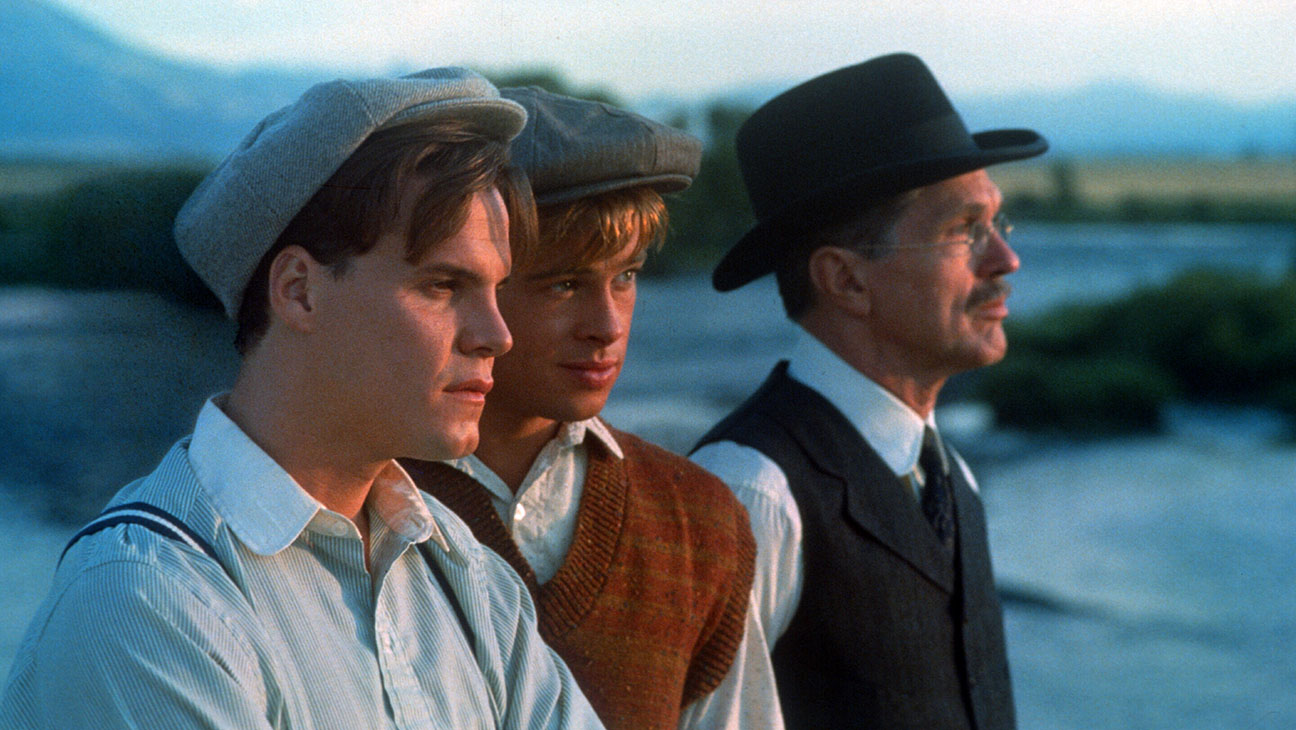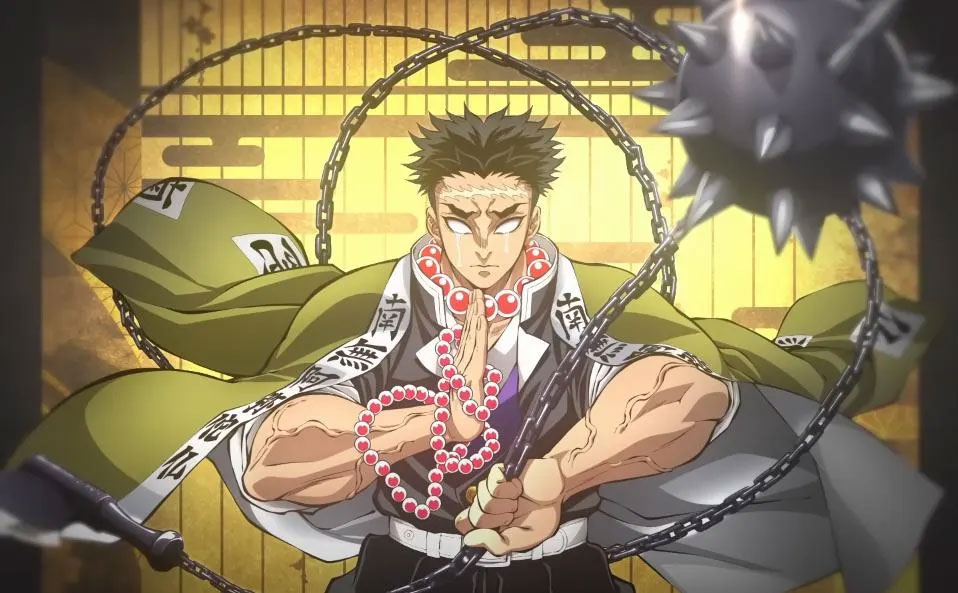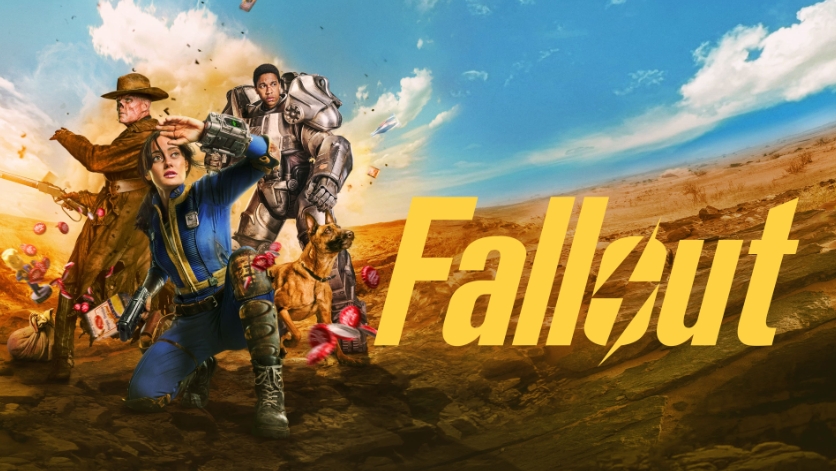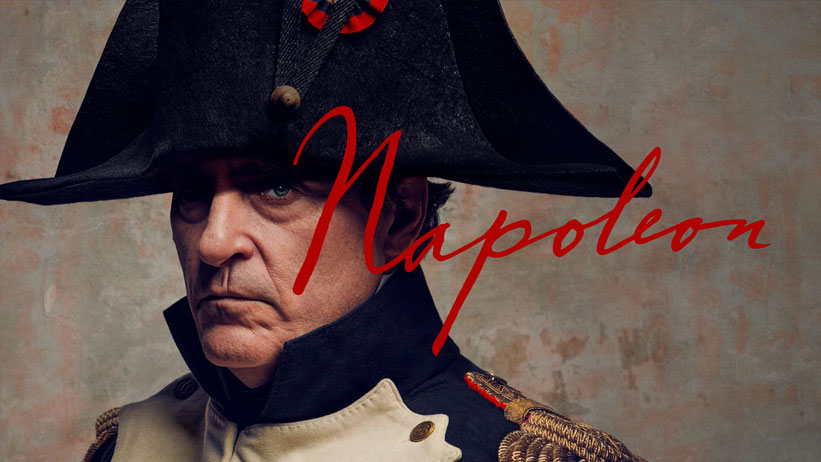
In "A River Runs Through It", there is such a father. As a pastor, he declared that "religion and fishing are the same thing." Evangelism is to spread God's human gospel in the church, while fishing is to listen to God's natural laws on the river. He said: Fishing as a skill can be learned, but fishing as an art cannot be learned, that requires another way.
It is by no means a pedantic priest who can say such a sentence. This is a perfect proof in the film: He taught his eldest son Norman's English writing, with simplicity as beauty. Norman wrote it well, and he would say " Cut it by half again"...until it finally satisfies him. It looks no different from other stern and rigid fathers. However, when he felt satisfied, he said something unexpected: "Now you can throw it away."
Obviously, this father did not regard his law as the highest or even the only model. He also taught two children to fish like this: He took out a shaking pendulum and asked the two children to shake the long fishing line according to the rhythm of the four beats in the music. The father in the film teaches the two children to fish in such a rigid but elegant way, a way of combining freedom with rules.
Of course, the fishing line thrown into the river in the film is much longer, and the arc thrown out is also more beautiful. This is the splendor of the whole film-whenever the fishing line is thrown out, the sad music will sound, and the camera will then slow down. As a result, you can see all the moments when the fishing line stretches and spins in the air until it falls into the water. When I watched this movie again, every time the fishing line was smoothly thrown out, the corners of my lips couldn't help showing a smile, but my eyes were sullen.
Norman is the eldest son, and his eldest brother is like a father. Although he had a child-like rebellious psychology to his father's teachings, in fact, he had hardly defied him. But the youngest son Paul, played by Brad Pitt, is different. The two children lay on the grass in the afternoon, with the sound of gurgling water at their feet—the father once said that it was a sound formed earlier than a rock and a sound from God. Paul asked Norman: What do you want to be when you grow up? Norman replied: Pastor, angler. After thinking about it, he said: Or boxer. Asking Paul rhetorically, Paul replied: boxer or angler. Norman asked: Is there no pastor? Paul replied: No. So both children laughed. From then on, no matter what Norman became, others called him a pastor. Norman became a "pastor" not because of his profession, but because he was the best heir of his father, and he had all the fine blood of his father in him. And Paul, the pastor's father once said half-jokingly: He turned our family into Scots on the plains.
In fact, Paul already showed this difference when he was learning to fish. The film is always narrated from Norman's first-person perspective. In that scene, he is standing on a rock by the big river, holding a fishing line, and his father on the left, dancing in a standard and graceful four-time method. Fishing rod, and his younger brother on the right, Norman was surprised to find that his younger brother did not follow his father's teachings completely, but let the fishing line swivel above his head and enter the water in the shape of an "8". Norman was amazed at the grace of this posture. He said to himself: Paul found his own sense of rhythm.
In fact, Norman has always been in such a position in the film—his father on the left and his younger brother on the right. The eldest brother is like a father.
For example, the only quarrel between him and Paul occurred after they rebelled against his father's teachings. That night, two young men sneaked out of the house. Together with a group of young friends, they stole a wooden boat and planned to drift on the big river. But when they reached the river, the young people were shocked: the waterfall was rushing down, which was too dangerous. As a result, a group of people withdrew one by one, and only Paul, who proposed this initiative, still stood on the boat and did not give up. When everyone else had flinched, Paul turned his attention to Norman, his brother whose surname was McClay. Paul said: It seems that there are only "Mclays". At that moment, Norman did not hesitate, we can all see it, but it was not just the danger of Dahe that made him hesitate, but he knew that this must be something his father would not allow. But when he looked at Paul, Paul was looking at himself eagerly, and he used the title "Mclayman" inherited from his father. He knew that this tough brother would not shrink. And although drifting in the river is too dangerous for my father to tolerate, it is equally impossible to leave my brother behind at such a time. Norman's hesitation is not as he said, because "not as tough as his brother", but a responsible person is usually more cautious than a child.
Norman chose to be with his younger brother. Of course he was punished by his father when he returned home. When Norman bowed his head and said "yes sir", his brother Paul stood up and said: Punish me, this is all my idea. But Norman didn't seem to appreciate it, and the brothers later had a fight in a rage.
There is only one battle of principles. And whether in the struggle or in the rest of their lives, they find that no one can do anything about it. For many years thereafter, Norman looked at his brother with such a riverside look, unclear whether he was trying to appreciate it or was full of worries.
However, I think all the audience understand that they are all good kids. This evaluation is not only made by the audience, but also the judgment of the father in the film. Although he taught the two children to fish like this, when the two children put the fish caught with different rhythms together, the father smiled and commented: "They are all very good." Then, he took out his own fishing from the basket. A trout who came up said slowly: But today God still prefers me a little bit. The two children looked respectful.
Soon, the two children both grew up and each had their own lives.
Norman, after a long time to study away from home, he finally got a teaching position at the University of Chicago, and what he taught was the literature that his father taught him. And Paul did not leave home, but worked in a nearby newspaper. Although it is a different choice, there is no difference in the desire for father's approval.
At the dinner table, my father always smiled and asked Paul: What news is there today? Paul will talk about the interview experience he is proud of. At this moment, the silent Norman cast a smiling gaze. It is difficult to say whether this is the brother's gaze or the father's gaze, or the two are intertwined.
Really, when I was young, I admired Paul so much. I liked the innocent and brilliant smile on Brad Pitt's face when he turned his head. I admire him holding the hand of an alien woman amidst the hostility of the crowd and dancing a hot dance. I admire his jumping on a huge rock, his uninhibited demeanor with an empty glass in his hand, and admiring his lonely personality that sits on his words and takes care of everything by himself... However, as I grow older, I begin to understand more and more. Norman's gaze behind Paul could not tell whether it was appreciation or worry, nor could it be trust or confusion. Perhaps, in the sermon after Paul's death, his father spoke of the confusion in his heart. At that time, his elderly father said slowly in the same tone as before:
In our lives, there are people like that, no matter how close we are to them, no matter how much we care about them, we are still powerless. But later, I began to understand that no matter how little we know them, we can at least love them.
When Norman heard the words of his father, his expression was both joyful and sad.
Paul is dead, and it is boring to blame his death on his personality. It's not personal. It's what we called destiny.
The tone of the film has been suppressed at this time. Norman's good news and the results of fishing have not changed this style. It seems that all the audiences are also expecting something.
At last Norman came to the heights and watched Paul from a distance with his father. Paul took off his hat, fixed the bait, then lifted the fishing rod and walked towards the middle of the river. The big river on the screen is picturesque, and the back figure on the river is lonely and proud.






